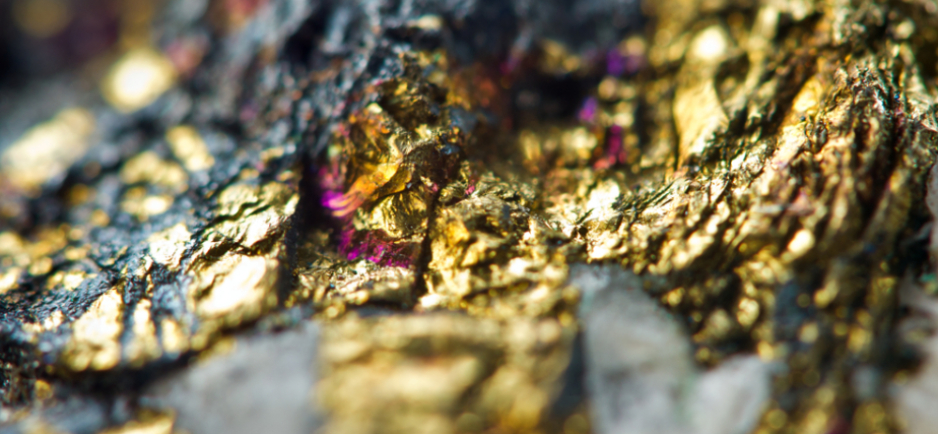South West beach volunteers deliver essential rubbish statistics

South West beach volunteers deliver essential rubbish statistics

The top 10 items recorded into the AMDI Database from clean-up activities in the South West.


More than 10,300 volunteers and partners from the South West region recently took part in the Tangaroa Blue Foundation’s Australian first study, which delivered some surprising – and unsettling – statistics.
Volunteers worked with community groups and partner organisations across the country to collect and record more than 10 million plastic fragments, cigarette butts and plastic lids and bottlecaps caps from local waterways.
Managing Director of Tangaroa Blue, Heidi Taylor said the study was an Australian first and would not have been possible without the volunteer assistance from the South West.
Tangaroa Blue’s WA coordinator Renee Mouritz said the study was essential to solving the issue of increasing rubbish in local waterways.
“By understanding where this rubbish is coming from around the South West we can stop it at the source before it enters the environment,” she said.
“From wildlife impacts such as ingestion, entanglement and loss of habitat to potential human health impacts including ingestion through plastic contaminated fish, knowing where the rubbish in our oceans is coming from can help solve these problems.”

The top 10 items recorded into the AMDI Database from clean-up activities in the South West.
The study added 10 million items of rubbish to the Australian Marine Debris Initiative (AMDI) Database in a bid to help save oceans from plastic and debris.
“With so many plastic items including food packaging, drink bottles, fishing line and straws being recorded, we still have a lot of work to do and that’s why we’re putting the call out to community members to sign up,” said Ms Mouritz.
Tangaroa Blue worked with an on-ground network of volunteers, communities, organisations and partners dedicated to making a large-scale positive change in Australia’s coastal environment through resourcing, support programs, and industry and government partnerships.
Ms Taylor said the group was “incredibly proud” of the efforts from community members, community groups, government partners, Indigenous ranger teams, school students and industry groups.
“In just 14 years the Australian Marine Debris Initiative has grown from a group of 30 volunteers in the south-west of Western Australia, to more than 100,000 volunteers and partners nationwide,” she said.
“Through our South West volunteers and partners, and thousands of other like them recording details and the location of each of the 10 million items since 2004, we’re a lot closer to stopping the flow of litter in Australian waterways at the source.
“The removal and prevention of marine debris remains one of the major environmental issues worldwide, and together, we are making significant headway.”
[contf] [contfnew] 
Margaret River Mail
[contfnewc] [contfnewc]




